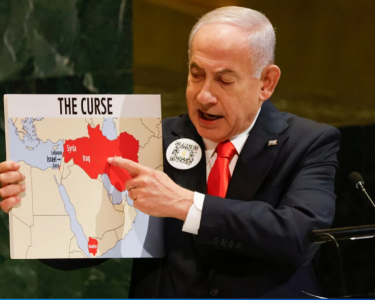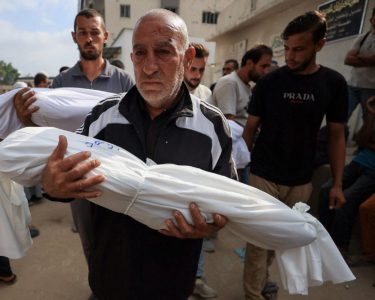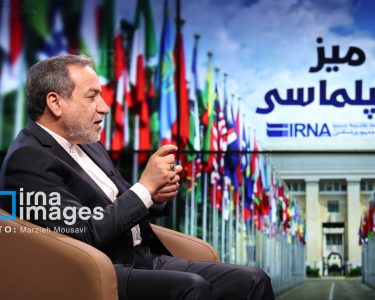MEXICO CITY, March 26 (NNN-EFE) — The government said that it was reactivating the National Missing Persons Search System in an effort to learn the fate of the more than 40,000 people listed as missing in Mexico, identify the 26,000 unidentified bodies at morgues and clear the 1,300 clandestine graves across the country.
“The Mexican state is going to dedicate itself to the search for the missing … It’s a priority,” President Andres Manuel Lopez Obrador said during a ceremony at the National Palace that was attended by Cabinet officers and relatives of the missing.
The leader of the leftist National Regeneration Movement (Morena) said in his address that the issue of the missing was a “painful” one for the nation and one of the worst legacies of previous administrations.
“We received an inheritance of corruption and impunity, but this is even more serious, more painful,” the president, popularly known as AMLO, said.
Lopez Obrador discussed the National Guard, a new law enforcement agency created to deal with the wave of violence plaguing Mexico.
“We have not managed a significant reduction in the crime rate,” the president said.
Regarding the search for the missing, AMLO called for the creation of a forensic system to identify the 26,000 unidentified bodies at morgues.
The president said the budget needed to establish the new system had been authorized, an announcement that was met with applause by the crowd.
“Let’s never again go through years like these of suffering and pain. When the decision was made in an irresponsible manner to declare war on a problem that basically emerged due to lack of economic growth,” AMLO said.
Government Secretary Olga Sanchez Cordero, for her part, described the disappearances as a “daily violation” of human rights in Mexico.
“There are tens of thousands of people missing and it’s their own families that have been searching for years. The investigations proceed slowly, the sentences for disappearances are practically nonexistent and there is a forensic crisis,” the former Supreme Court justice said.
Sanchez Cordero said that with the proper resources, the National Missing Persons Search System would serve as an instrument for “truth and justice.”
The government secretary called on Mexico’s 32 states to create their own search committees before the end of 2019.
“The challenge is monumental and we are taking it on with all the measures at the disposal of the state,” Sanchez Cordero said.
Human Rights, Population and Migration Undersecretary Alejandro Encinas provided figures to illustrate the task ahead.
“This administration inherited a historic debt of more than 40,000 people missing, 26,000 bodies, tens of thousands of remains that are unidentified and hundreds of clandestine graves,” Encinas said.
The new system being implemented is a response to the demands made by the relatives of the missing, the federal official said.
The National Missing Persons Search System is being “reinstalled,” Encinas said, noting that it began operation last October during the final weeks of President Enrique Peña Nieto’s administration.
National Missing Persons Search Commission head Karla Quintana, for her part, said the situation in Mexico surpassed “anything imaginable,” noting that at least 1,300 clandestine graves had been identified in the country.
“A person’s disappearance puts an end to social and family harmony,” Quintana said.
Some of those in the audience chanted the slogans used by protesters seeking a resolution of the Ayotzinapa case, one of the most notorious disappearances to occur in Mexico in recent years.
On Sept. 26, 2014, 43 Ayotzinapa Rural Normal School students disappeared in Iguala, a city in the southern state of Guerrero.
The education students, according to officials, were detained by police and then handed over to members of the Guerreros Unidos drug cartel.
The official version of events is that the Guerreros Unidos cartel murdered the students and cremated the remains at the dump in Cocula in an enormous fire that burned for hours.
Relatives of the missing students and human rights groups have questioned the official version.
In 2016, the Inter-American Commission on Human Rights (IACHR) Interdisciplinary Group of Independent Experts, who worked for months on the case, issued a report that criticized serious flaws in the official investigation. — NNN-EFE





